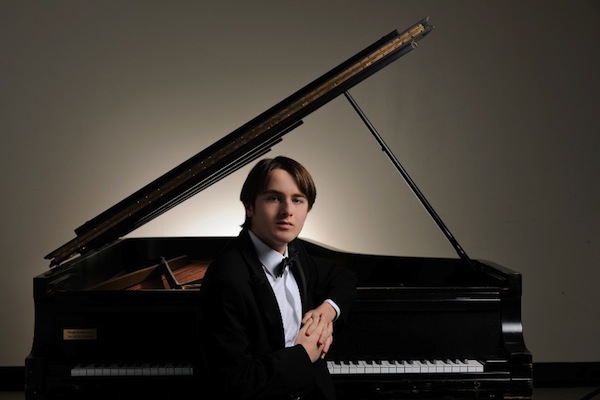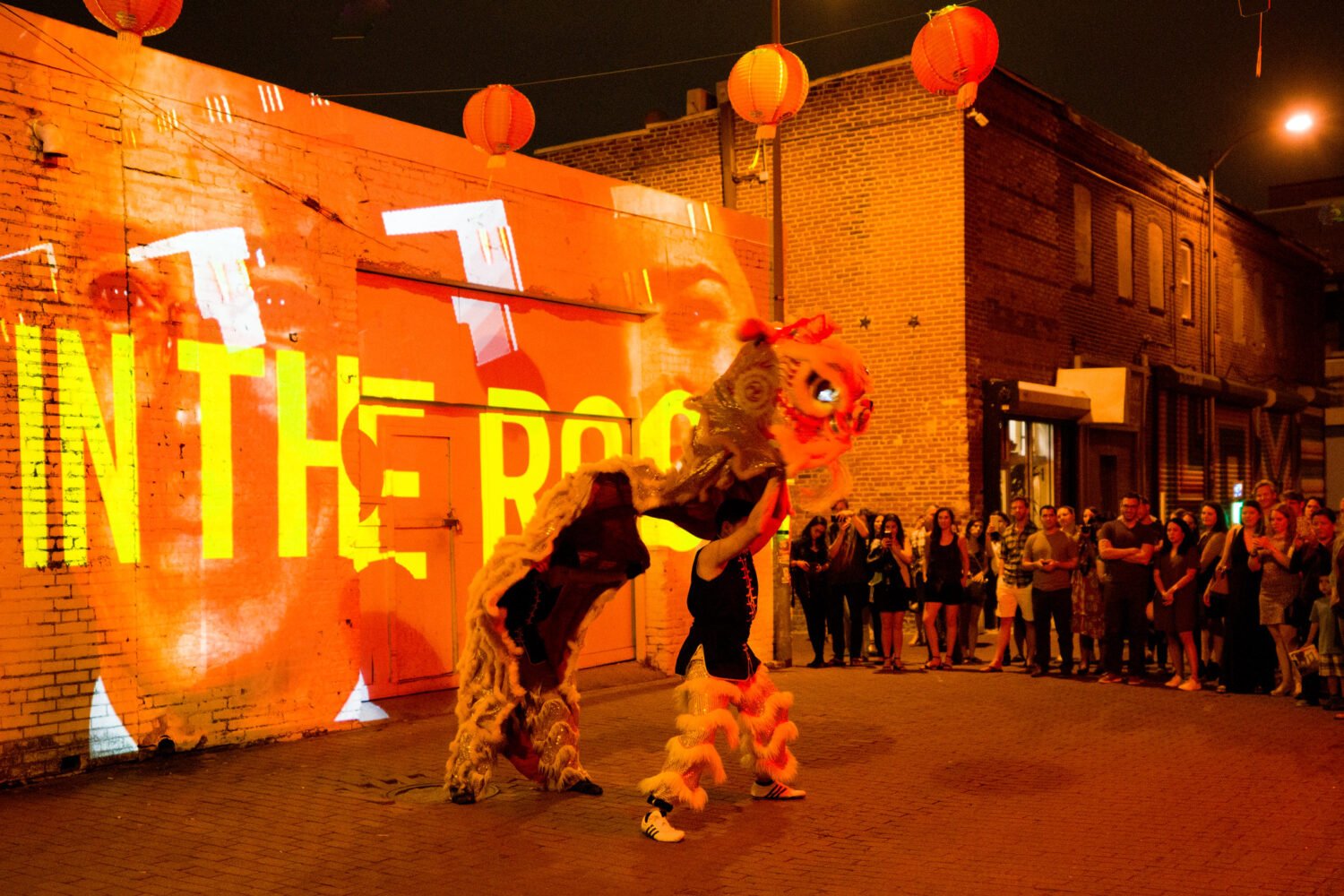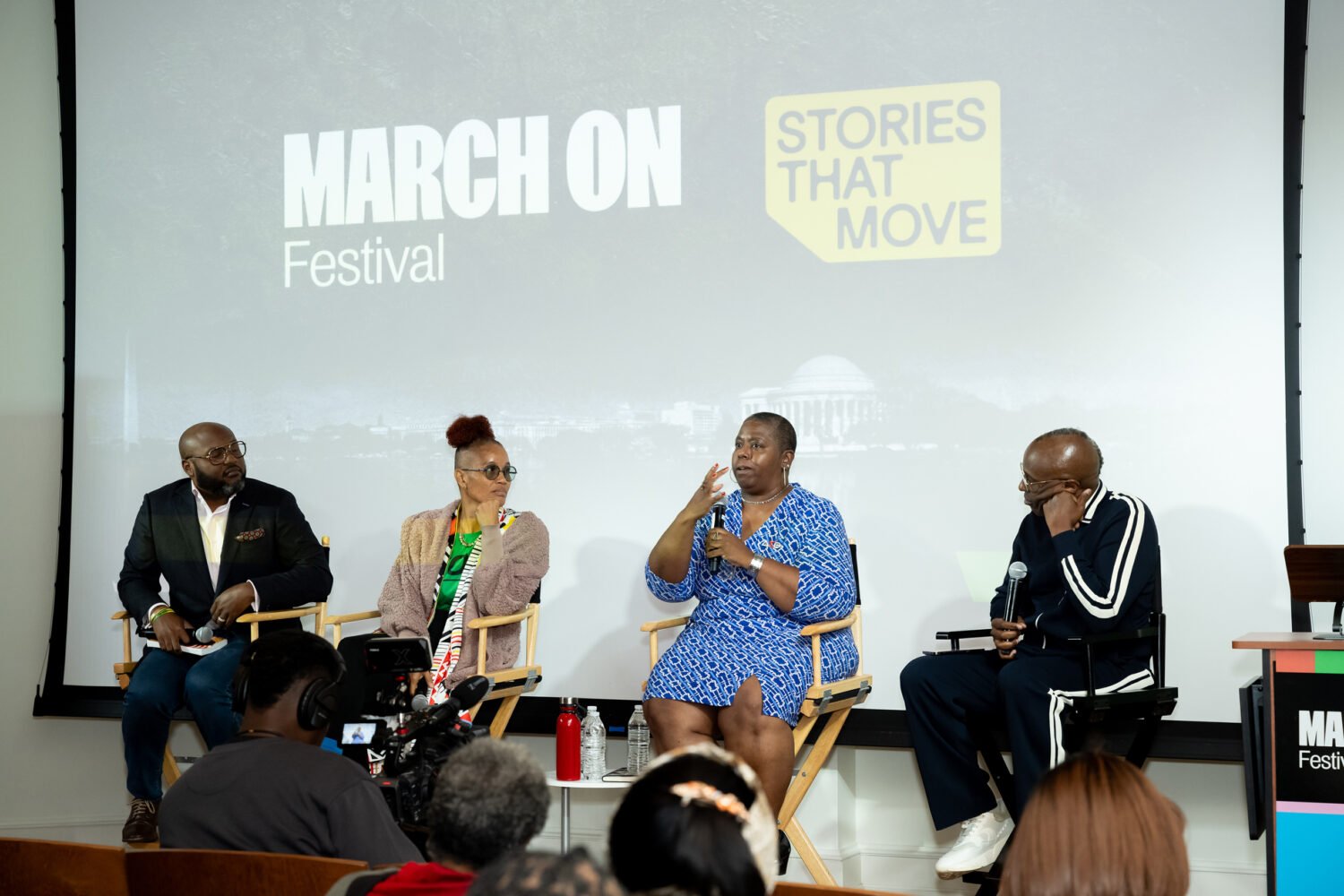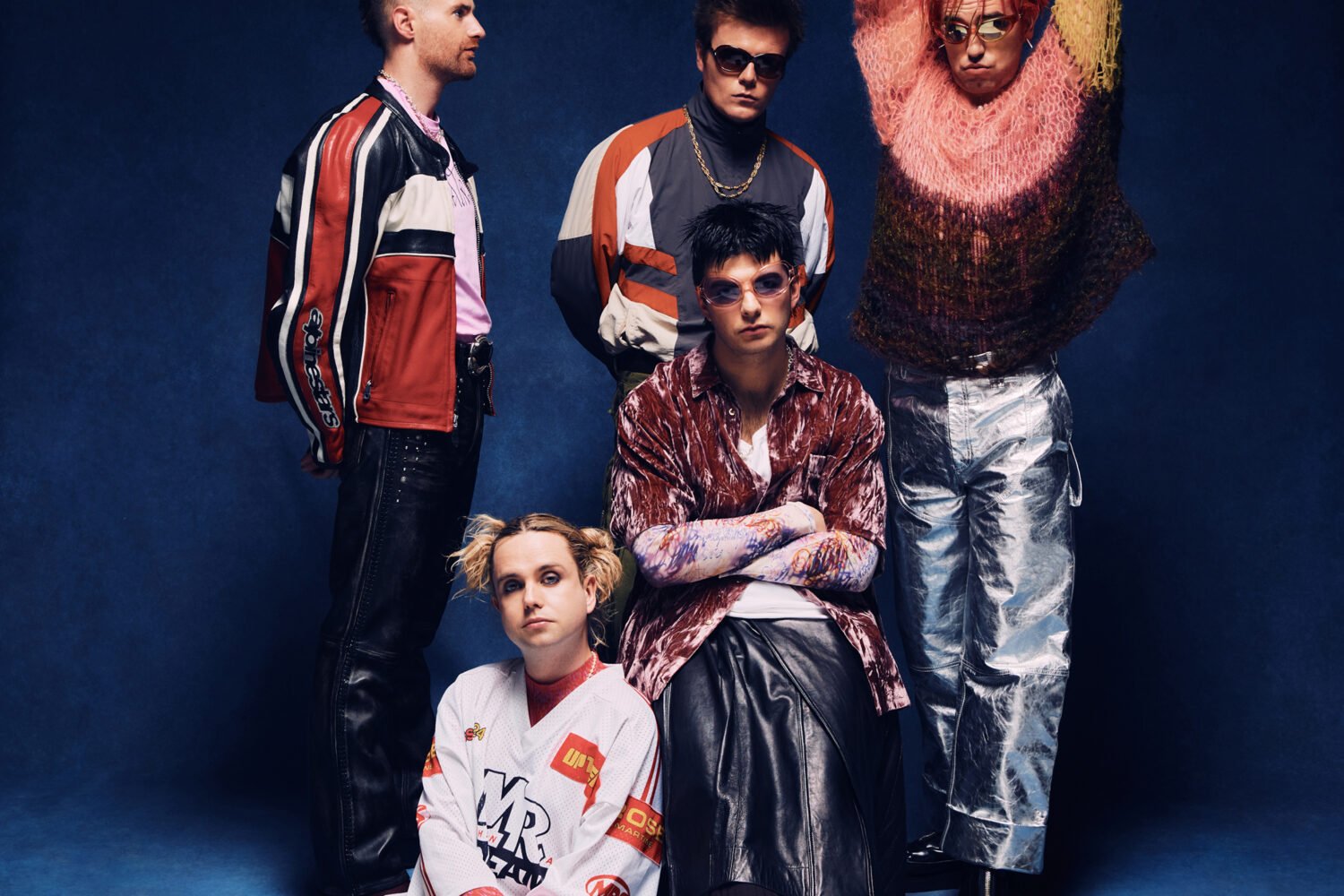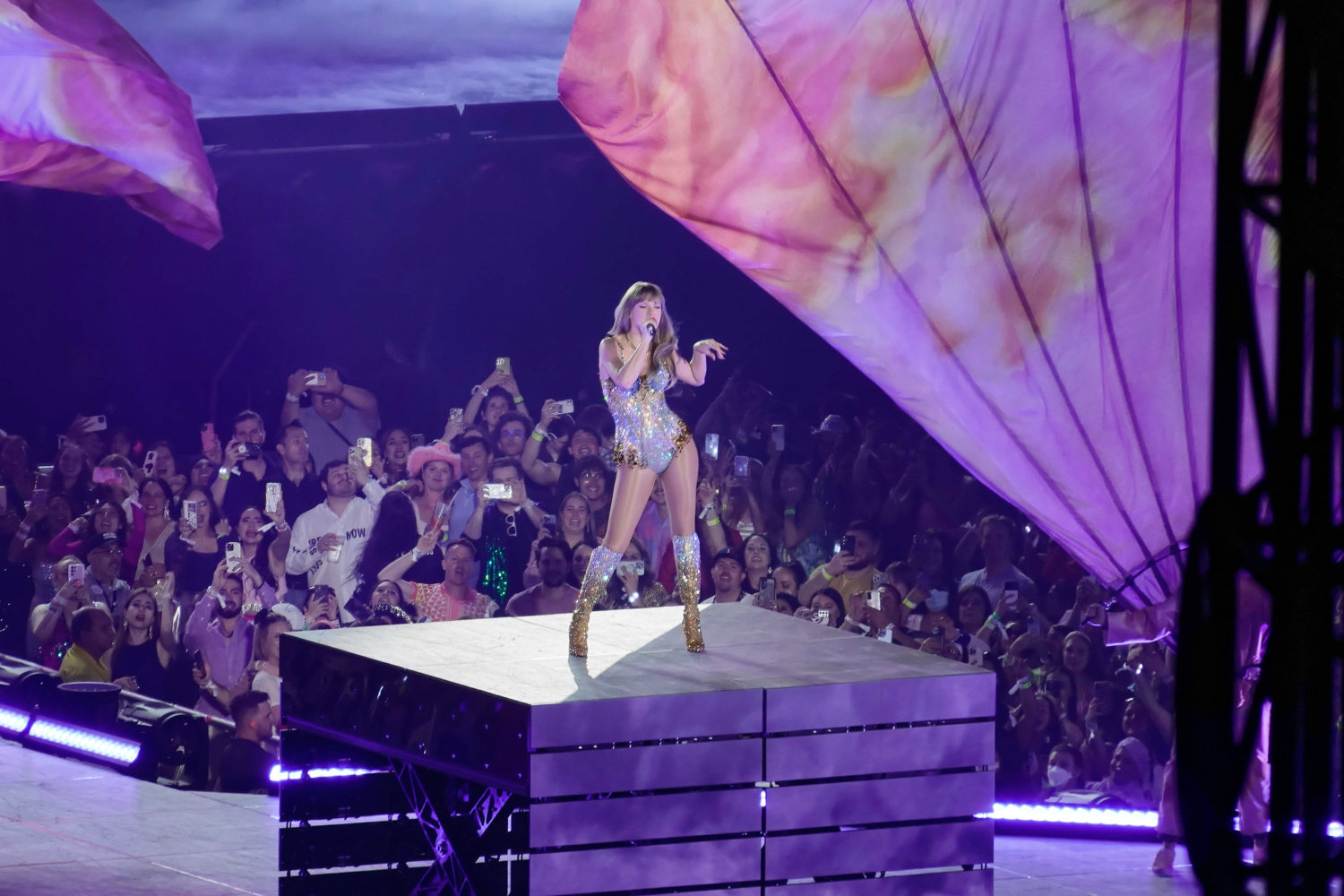Pianist Daniil Trifonov. Photograph courtesy of George Mason University Center for the Arts
The indefatigable conductor Valery Gergiev is leading his Mariinsky Theater Orchestra on a US tour this month, centered on a series of performances celebrating the 120th anniversary of the opening of Carnegie Hall in New York. Because Andrew Carnegie invited composer Pyotr Tchaikovsky to conduct at the hall’s opening festival in 1891 Gergiev is conducting all of the composer’s symphonies this week.
On Saturday night, the orchestra from St. Petersburg made a stop in Fairfax, at a strangely undersold George Mason University Center for the Arts, in a very short interval between concerts in New York. This is enough Tchaikovsky to stun a small cat, but the way that Gergiev conducts it, especially with the astounding young Russian virtuoso Daniil Trifonov (and child prodigy, of course) at the keyboard for the composer’s first piano concerto, makes even a cynical critic sit up and pay attention.
Trifonov showed the exceptional virtuosity that presumably made it possible for him to win awards at most of the big piano competitions in the last couple years. He won a bronze medal at the Chopin competition in 2010 and the gold medal at this summer’s grand-daddy of all competitions, the Tchaikovsky Competition. It was Gergiev who chaired the Tchaikovsky jury this year, promising to rid that competition of favoritism, but it ended up being a year when the judges chose a Russian pianist, a selection that in previous years might have raised eyebrows. From the beginning of his performance of Tchaikovsky’s first concerto—which he also played at the Tchaikovsky competition—Trifonov made clear that he had defined ideas about the piece, slicing into the slightly sluggish orchestra with the famous hammered chords that open the solo part. He made some erratic shifts in tempo, which Gergiev struggled to keep the orchestra in line with, but his touch on the keys produced eloquent sounds, ranging from sharp and pointed to misty and transparent. He fell into remarkably few stereotypical virtuosic approaches, not always having to give octaves a booming quality, for example, and not relying too much on oozing rubato but keeping even the slow movement vibrant and clean.
There were impressively few, even minor technical slips. When the piece needed drama and flash, Trifonov produced it and then some, showing himself to be a mesmerizing story teller at the keyboard. The fast middle section of the second movement was launched by a circus-like rendition of the little toccata section, and a gossamer spiderweb of notes in the right hand dreamily spun the movement back to its original slow tempo. The third movement was really fast, allowing no compromises for technical adjustment, and had a Puckish mischief about it. All in all, this was gutsy, risk-taking playing—not the sort of safely polished virtuosity that generally wins competitions. An encore, Chopin’s Grande Valse Brillante in E-Flat Major (op. 18), combined the sense of a twirling show waltz, with all of those repeated notes lined up so flawlessly, with some nostalgic introspection. Then a furious accelerando enlivened the ending of the piece, which vanished in a breath. This was a reminder of Trifonov’s particular way with Chopin, heard at the competition in Warsaw and at his first-prize performance at the Rubinstein competition in Israel, where he gave a memorable performance of Chopin’s op. 25 etudes.
On the second half, Gergiev gave us a taste of his Tchaikovsky cycle, with a fervent-but-understated rendition of the Fifth Symphony. Gergiev stood on the floor, with no score and no podium. Some of his lower gestures may have been difficult for some players to see. Beginning with the whispered chalumeau clarinet statement of the work’s “fate theme,” which runs throughout the four movements, Gergiev kept the work moving, using insistent, even anxious tempos in some places to balance some rubato stretching in others (the third movement, in particular, felt almost harried). The same was true of his dynamic range, which kept the work from becoming overbearing in volume by focusing on softer dynamics. All of the playing was generally polished and balanced, with the exception of some sour oboe solos: The horn solo in the second movement was lovely, heard as if from a distance. Gergiev’s greatest success was to save the finale from its own excesses. He made the opening less maestoso. It was still noble but not as slow, which made the bombastic coda far less insufferable; instead, it served as a sort of heroic valedictory lap. In addition, this made the proportionally ultra-fast conclusion that much more exciting.
Those who had to miss this concert should take advantage of the live Web cast of Tuesday, October 11’s Carnegie Hall performance, planned on NPR; 8 PM.

